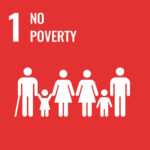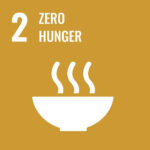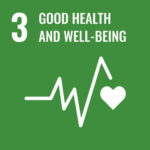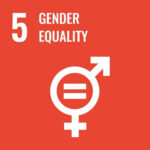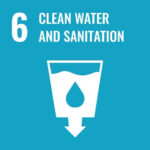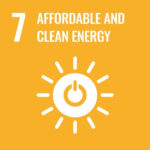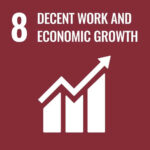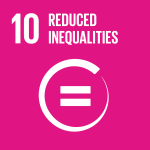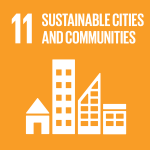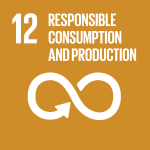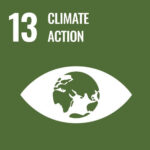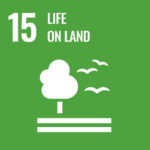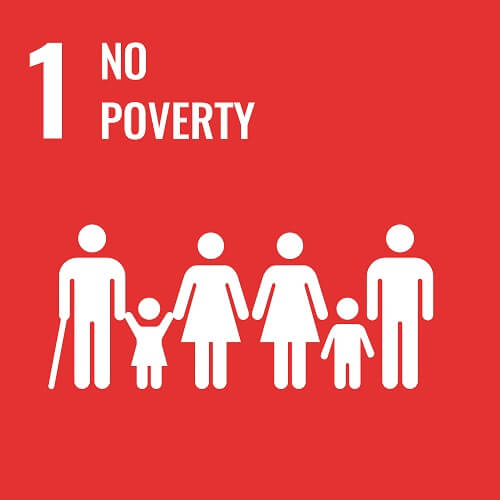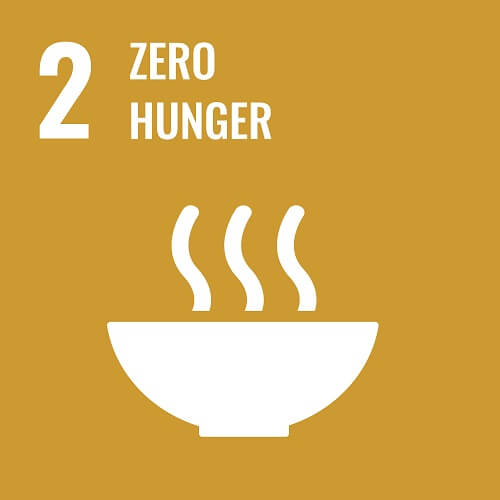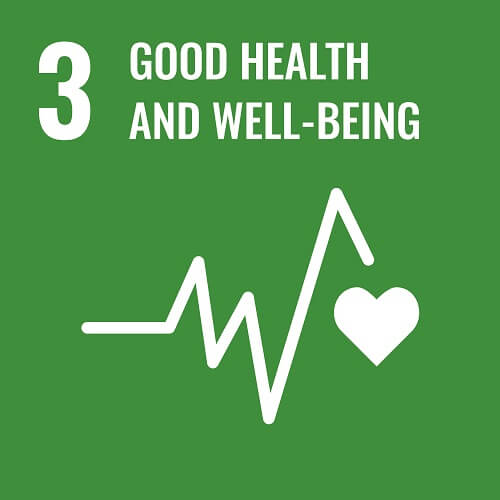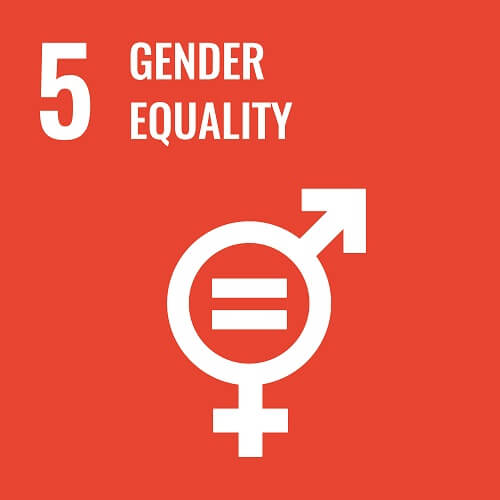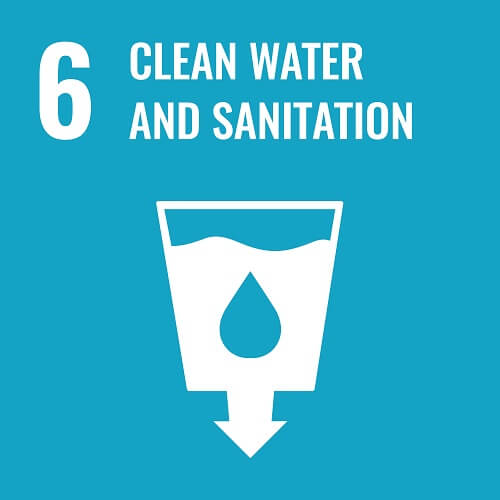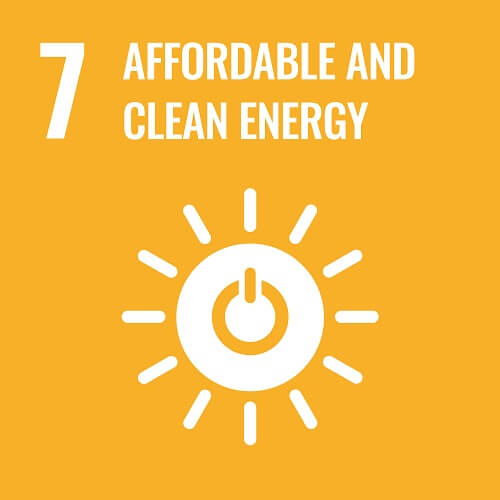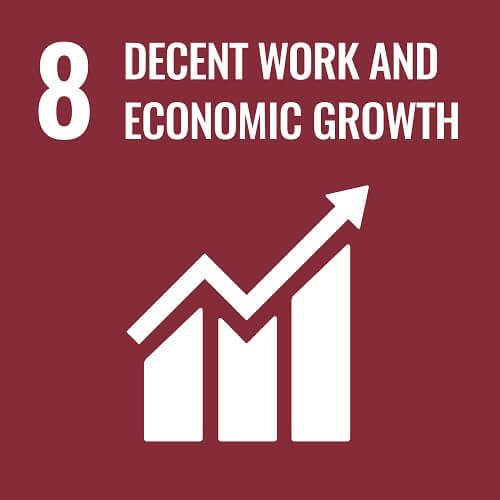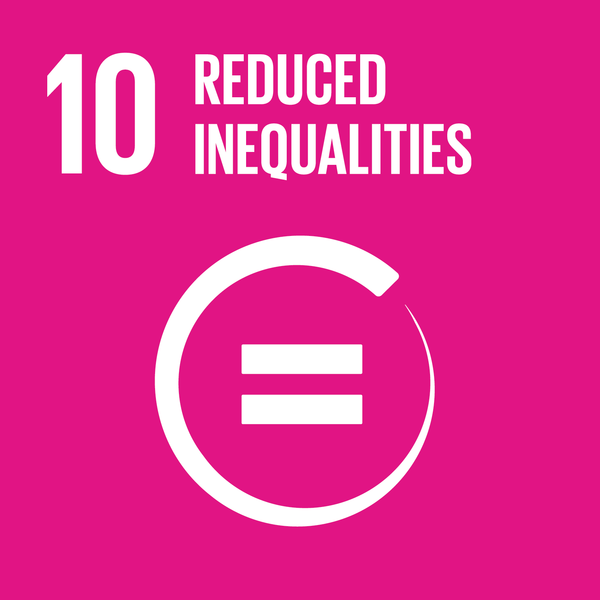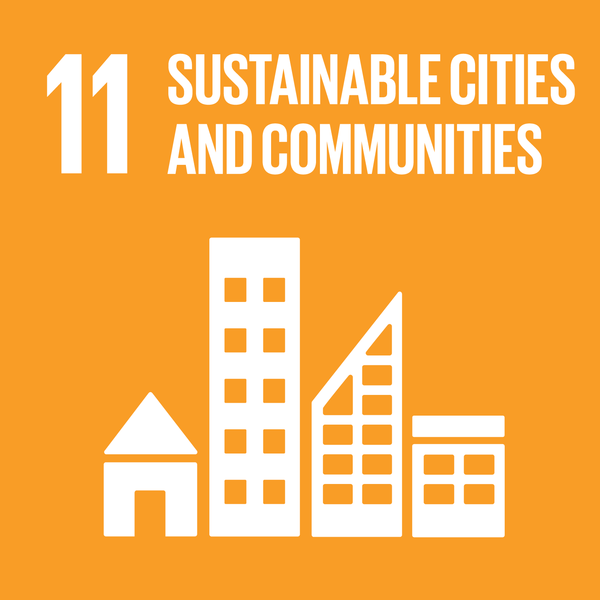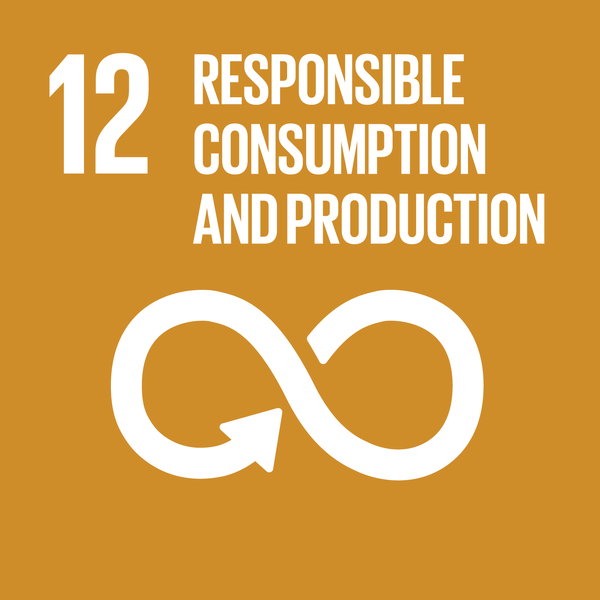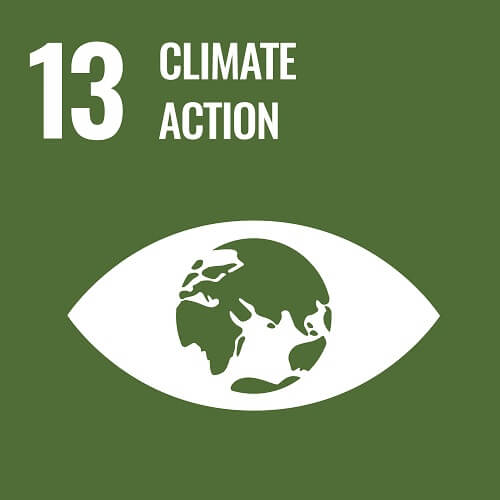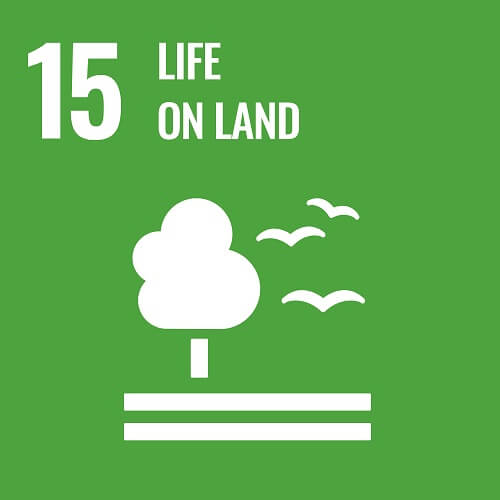Approach
Approach

Our Approach
Across the world, ecosystems play a pivotal role in defining the wellbeing and livelihoods of people – especially the poor. Ecosystem services are the benefits people derive from nature, and the rural community is highly dependent on these resources. Healthy ecosystems ensure food and water security, enhance soil fertility, promote biodiversity, and mitigate floods, droughts and several other natural calamities. Therefore, the robustness of an ecosystem is of prime importance in strengthening the quality of rural life in India.
The ecosystem is of utmost importance in the process of tackling rural poverty. While the value of ecosystem services such as fresh water, soil and non –timber forest products was around 7% of the national GDP, it amounts to 57% of the income of India’s rural poor.
The Challenge
Unfortunately, ecosystems in much of rural India today are highly degraded. This is an outcome of the rapid climate change and human activities leading to a state of massive ecological imbalance.
India is amongst the countries most vulnerable to global warming and its impact. The severe repercussions of climate change are limiting the availability of several natural resources that the rural communities depend upon. This crisis is causing ecosystem degradation, unpredictable weather patterns, low agriculture productivity and declining socio-economic status of people in our villages. This will push the rural community into a downward spiral, where the poor become perpetrators of further degradation.
To combat this challenge, several government-led initiatives have been launched in the past two decades. While these social protection programs are working well for the poor, they haven’t yet been able to address the root causes of rural deprivation.
For holistic development, there is a need to strategically invest in the revival of the ecosystems and transform them into vibrant hubs of prosperity.
WOTR’s Ecosystem-based Approach (EbA) strives to promote ecosystem restoration in a sustainable manner.
Across the world, ecosystems play a pivotal role in defining the wellbeing and livelihoods of people – especially the poor. Healthy ecosystems ensure food and water security, enhance soil fertility, promote biodiversity, and mitigate floods, droughts and several other natural calamities. The robustness of an ecosystem is thus, of prime importance in strengthening the quality of rural life in India. While the value of ecosystem services such as fresh water, soil and non –timber forest products was around 7% of the national GDP, it amounts to 57% of the income of India’s rural poor.
Unfortunately, ecosystems in much of rural India today are highly degraded. This is an outcome of the rapid climate change and human activities leading to a state of massive ecological imbalance. This is also the root cause of Rural Poverty.
Ecosystem-based Approach
WOTR’s Ecosystem-based Adaptation (EbA) approach strives to promote ecosystem restoration in a sustainable manner.
EbA supports the holistic approach to development that focuses on increasing people’s adaptive capacity through the sustainable use, conservation and restoration of ecosystems, their services, and biodiversity. EbA also gives an equal and simultaneous emphasis on inclusivity and participative governance.
WOTR’s Engine for Ecosystem-based Adaptation

WOTR’s Engine for EbA is derived from the contribution of numerous institutions, agencies as well as individuals – and is drawn out of their rich experience in ecosystem restoration and sustainable development.
The outer circle, comprising of the five capitals, are the tangible frame within which human life unfolds. The five capitals – the physical, financial, social, human and natural – have to grow and develop simultaneously and harmoniously to have sustainable growth.
A set of five important conditions, essentially interconnected, that are necessary – material adequacy (not merely ‘increase’), security (freedom from fear of insufficiency, discrimination and conflict), freedom of choice, healthy interpersonal relationships and good health. These result in an empowered community that lives in dignity and that enjoys well-being.
In the centre is WHOLENESS – a body, mind, spirit integration – a harmony rooted in centredness; the space within which the individual and the community are one with the universe.
WOTR understands and respects the interconnectedness of the various components of the engine and takes the necessary steps (adapt) so as to strike the balance that will maintain the equilibrium.
Contribution to National & Global Sustainability
WOTR’s work is aligned with major International priorities, such as Land Degradation Neutrality, the Paris Agreement on Climate Change, the Sendai Framework for Disaster Risk Reduction and the UN 2030 Agenda for Sustainable Development.
In relation to the UN’s Sustainable Development Goals (SDGs), WOTR prioritises protecting the environment, conserving natural resources, enhancing adaptive capacities, and building communities’ resilience. The SDGs are defined in terms of 17 goals and 232 independent indicators. Viewed through a ‘Systems Dynamics’ lens, all of WOTR’s work directly or indirectly contributes towards achieving 12 of the 17 SDGs, some more so than others.
